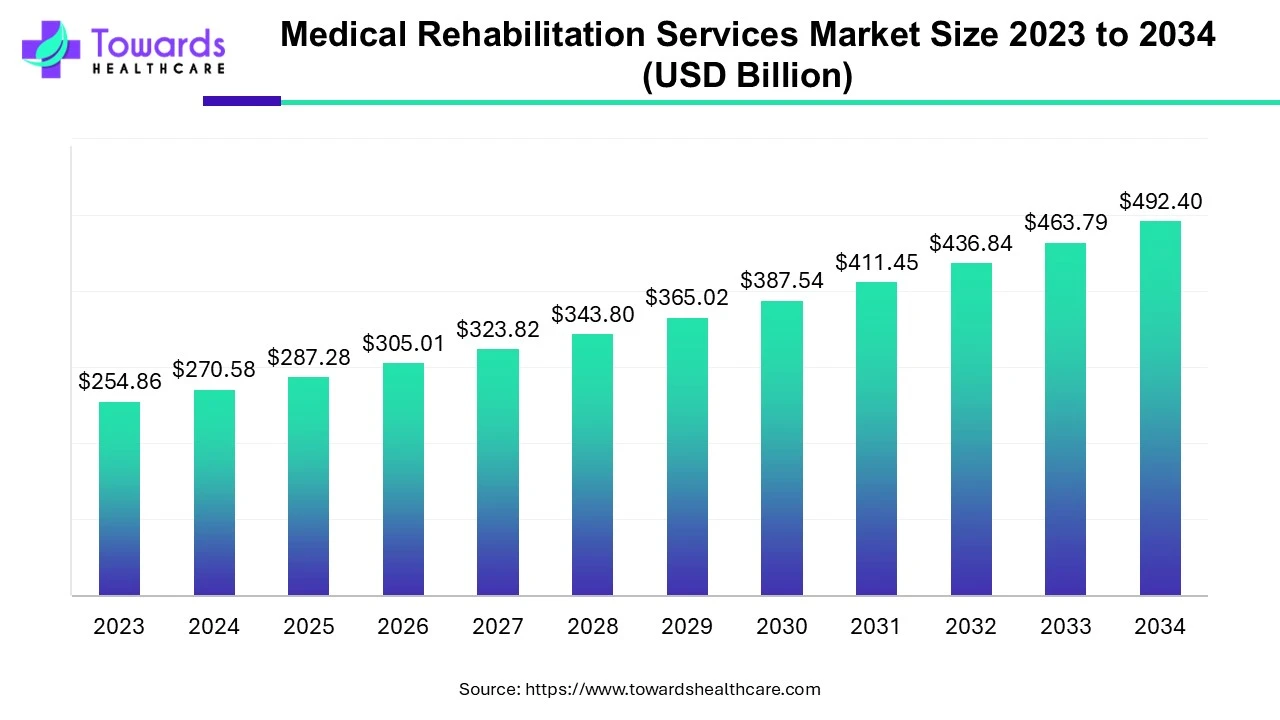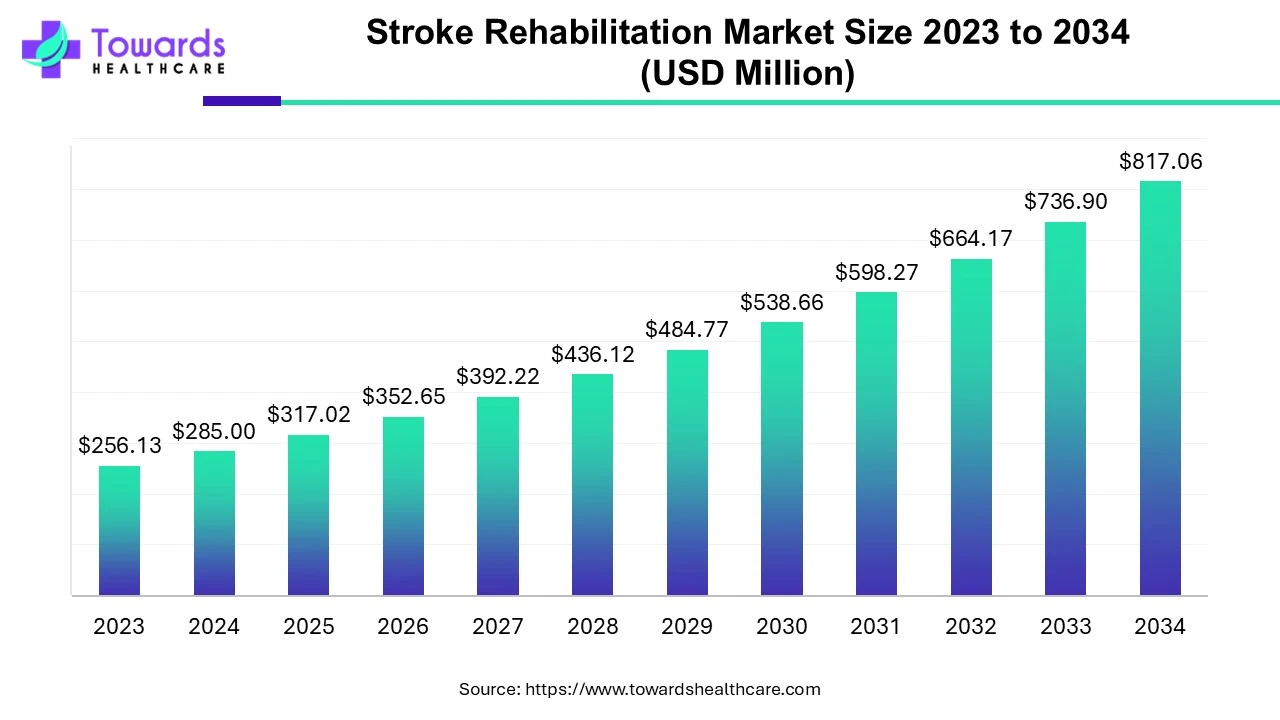Between September 2023 and September 2024, several prominent pharmaceutical companies recorded significant shipment volumes. These shipments, often comprising medicines or active pharmaceutical ingredients (APIs), illustrate the dynamic nature of the global pharmaceutical supply chain. Let’s break down each company and its likely contribution:
1. HAUPT PHARMA LATINA SRL (Italy)
- Units Shipped: 427,345 units
- Product Focus: This Italian company is likely involved in the production of pharmaceuticals, possibly medicines or APIs, serving as a contract manufacturer. Haupt Pharma is known for working with larger pharmaceutical companies, helping to produce and package products for distribution. Their product portfolio may include finished formulations like tablets, capsules, and injectables, reflecting the growing demand for outsourced pharmaceutical production in Europe.
2. APL Health Care Limited SEZ (India)
- Units Shipped: 770,475 units
- Product Focus: Operating from a Special Economic Zone (SEZ) in India, APL Health Care Limited benefits from tax incentives and reduced regulatory hurdles for exports. This makes it an important player in the global pharmaceutical supply chain. The shipment volume suggests the export of medicines or APIs, with SEZs being key zones for production aimed at international markets, likely focusing on high-demand generic medicines. India’s SEZs are strategic hubs for exporting healthcare products to regions such as North America, Europe, and Southeast Asia.
3. TWi Pharmaceuticals Inc (Taiwan)
- Units Shipped: 812,907 units
- Product Focus: TWi Pharmaceuticals, a Taiwanese company, likely specializes in the production and export of generic drugs or APIs. Taiwan has emerged as a key player in pharmaceutical manufacturing, with companies like TWi focusing on affordable, high-quality generics. This shipment volume highlights the growing role of Taiwanese companies in meeting global demand for cost-effective healthcare solutions, particularly for markets such as the U.S. and Europe.
4. Reckitt Benckiser Healthcare UK Limited (UK)
- Units Shipped: 1,799,525 units
- Product Focus: Reckitt Benckiser is a global leader in healthcare and consumer products. With a shipment volume approaching 1.8 million units, this likely includes a range of over-the-counter (OTC) healthcare products such as pain relievers, cold remedies, and hygiene products. The company’s strong global footprint suggests that these shipments are distributed across various international markets, reflecting the increasing demand for OTC healthcare solutions post-pandemic.
5. Aurobindo Pharma Limited (India)
- Units Shipped: 2,613,192 units
- Product Focus: Aurobindo Pharma is one of the largest generic drug manufacturers in the world, with a robust presence in markets such as the U.S., Europe, and Africa. This massive shipment volume suggests a focus on high-demand generics or bulk drug formulations. Aurobindo’s exports likely include a wide range of medicines, such as antibiotics, antivirals, and cardiovascular drugs, cementing its position as a key player in the global pharmaceutical industry.
Summary
- Total Volume: The combined shipments from these companies reflect over 6.4 million units of pharmaceutical products being shipped globally.
- Global Reach: These shipments highlight the globalized nature of the pharmaceutical supply chain, with products flowing from production hubs in Europe, Taiwan, and India to meet international demand.
- Market Trends: The focus on generic drugs, APIs, and healthcare products indicates the industry’s emphasis on affordability, supply chain efficiency, and meeting the growing global demand for essential medicines.
Market Overview:
The generic pharmaceuticals market was estimated at US$ 392.23 billion in 2023 and is projected to grow to US$ 947.67 billion by 2034, rising at a compound annual growth rate (CAGR) of 8.35% from 2024 to 2034. The rise in patent expiration, increasing demand for cost-effective and efficient medicines, and less complex approval process for generics drive the market growth. Generic medicines also don’t require much R&D, which reduces the overall production and development costs.
Download Statistical Data: https://www.towardshealthcare.com/download-statistics/5242
Generic Pharmaceuticals Market: Cheaper Alternatives
Generic pharmaceuticals are drug products that contain the same active ingredients of the same strength as that of their brand drugs. According to the US FDA, generic drugs are bioequivalent to brand-name drugs in dosage form, safety, route of administration, quality, performance characteristics, and intended use. Hence, these generics work similarly and provide the same clinical benefits and risks as their brand-name counterpart. These drugs contain different excipients, colors, and flavors to distinguish them from the original ones. The corresponding regulatory agencies approve these generics in the country where they are marketed. Generic pharmaceuticals are sold only when the patent protection ends, usually twenty years, or the patent owner waives its rights. They are comparatively cheaper than brand drugs since they do not undergo preclinical and clinical trials to demonstrate their safety and effectiveness. Additionally, the company that produces generics did not need to invest money in its marketing.
How Can AI Improve the Generic Pharmaceuticals Market?
Artificial intelligence (AI) revolutionizes the pharmaceutical sector by implementing modernization and automation in various fields. AI can enable researchers to optimize drug design, develop formulations, and streamline clinical trials more accurately and efficiently. AI in the generic pharmaceuticals market can streamline the process and reduce the time it takes for generic drugs to reach the market. Predictive analysis and natural language processing (NLP) can be used to find compounds similar to those of brand-name drugs to make generic drugs. The machine learning algorithm can be used to determine the solubility of a compound to make sure it maintains its effectiveness over time. AI can also be used to determine the crystal structure of the drug compound. The crystal structure of the drug compound can affect the manufacturing of the drug, producing the drug with sufficient structural integrity so that it does not break down and stays effective.
Top Companies in the Generic Pharmaceuticals Market
- Aspen Pharmacare
- Aurobindo Pharma
- Cipla
- Dr. Reddy’s Laboratories
- Fresenius Kabi
- Glenmark Pharmaceuticals
- Hikma
- Lupin
- Novartis AG
- Pfizer
- Sanofi
- Sun Pharmaceuticals, Ltd.
- Teva Pharmaceuticals, Inc.
- Viatris
- Zydus Lifesciences
Innovation by Teva Pharmaceuticals, Inc. in the Generic Pharmaceuticals Market
| Company Name | Teva Pharmaceuticals, Inc. |
| Headquarters | Tel Aviv-Yafo, Israel |
| Recent Development | In June 2024, Teva Pharmaceuticals announced the launch of its generic Victoza (Liraglutide injection 1.8 mg) in the US. It is the first-ever generic GLP-1 product in the US marketplace. The drug improves glycemic control with type 2 diabetes mellitus and reduces the risk of cardiovascular events. |
Innovation by Zydus Lifesciences in the Generic Pharmaceuticals Market
| Company Name | Zydus Lifesciences |
| Headquarters | Ahmedabad, India |
| Recent Development | In September 2024, Zydus Lifesciences announced that it received US FDA approval to manufacture Enzalutamide capsules (40 mg). It is an androgen receptor inhibitor for the treatment of metastatic castration-resistant prostate cancer. |
Government Policies Dominated the North American Market
North America dominated the global generic pharmaceuticals market share by 36% in 2023. The rising demand for generic products, favorable government policies, and capital investment drive the market. The US has the biggest market for generic pharmaceuticals in the world. Generics account for 91% of prescriptions dispensed in the U.S. but only 18% of the total drug costs, making them a vital part of the US healthcare system. The US Government’s Food and Drug Administration imposes stringent regulations and policies regarding the approval of generic medicines. The increasing number of drug approvals also boost the market. In 2022, Congress authorized the Generic Drug User Fee Amendments (GDUFA) III. The FDA aimed to promote scientific research through the GDUFA Science and Research Program in 2022. The program can help to understand the FDA’s understanding of generic drugs and develop advanced methods to characterize product quality and performance.
For instance,
- In June 2024, Lupin announced the launch of its generic drug Doxycycline for Injection USP (100 mg) in the US, post-approval from the US FDA. The drug is used to reduce the development of drug-resistant bacteria.


